Search
Did you mean: Tara?
Search Results
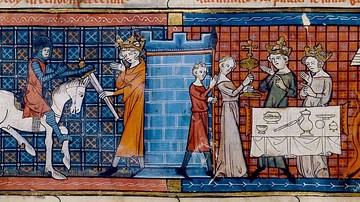
Definition
Chretien de Troyes
Chretien de Troyes (l. c. 1130-1190 CE) was the greatest romantic poet of his era, regarded today as the Father of Arthurian Romance (along with Geoffrey of Monmouth) and also Father of the Novel owing to his narrative form. He was most likely...
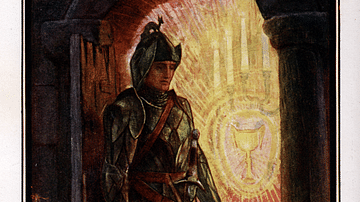
Definition
Lancelot
Lancelot, also known as Sir Lancelot and Lancelot du Lac (“Lancelot of the Lake”) is the greatest knight of King Arthur's court and lover of Arthur's wife, Queen Guinevere, best known from Sir Thomas Malory's Le Morte D'Arthur (1469 CE...
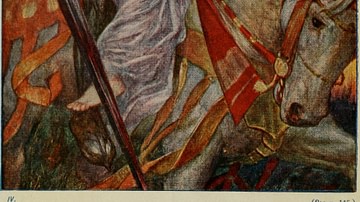
Definition
Guinevere
Guinevere is the Queen of Britain, wife of King Arthur, and lover of Sir Lancelot in the Arthurian Legends best known in their standardized form from Sir Thomas Malory's Le Morte D'Arthur (1469 CE). She first appears in Geoffrey of Monmouth's...
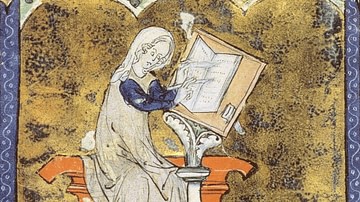
Definition
Marie de France
Marie de France (wrote c. 1160-1215 CE) was a multilingual poet and translator, the first female poet of France, and a highly influential literary voice of 12th-century CE Europe. She is credited with establishing the literary genre of chivalric...
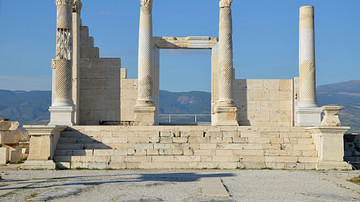
Definition
Phrygia
Phrygia was the name of an ancient Anatolian kingdom (12th-7th century BCE) and, following its demise, the term was then applied to the general geographical area it once covered in the western plateau of Asia Minor. With its capital at Gordium...
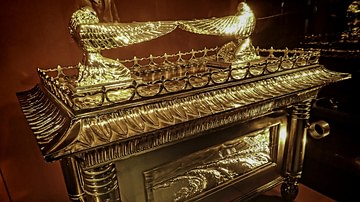
Definition
Ark of the Covenant
The Ark of the Covenant refers to the box-like container that held the tablets of the Law received by Moses on Mount Sinai. Tradition claimed that it contained two stone tablets, carved by God, listing the first ten commandments given to...
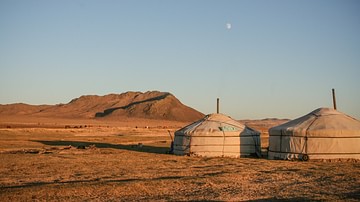
Definition
Yurt
A yurt (ger in Mongolian) is a large circular tent made of wool felt stretched over a wooden frame used by nomadic peoples of the Asian steppe since before written records began. Yurts are especially associated with Mongol herders and hunters...
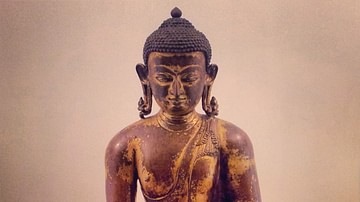
Definition
Siddhartha Gautama
Siddhartha Gautama (better known as the Buddha, l. c. 563 - c. 483 BCE) was, according to legend, a Hindu prince who renounced his position and wealth to seek enlightenment as a spiritual ascetic, attained his goal and, in preaching his path...

Definition
Buddhism
Buddhism is a non-theistic religion (no belief in a creator god), also considered a philosophy and a moral discipline, originating in the region of modern-day India in the 6th and 5th centuries BCE. It was founded by the sage Siddhartha Gautama...

Definition
Gupta Empire
The Gupta Empire stretched across northern, central and parts of southern India between c. 320 and 550 CE. The period is noted for its achievements in the arts, architecture, sciences, religion, and philosophy. Chandragupta I (320 – 335 CE...